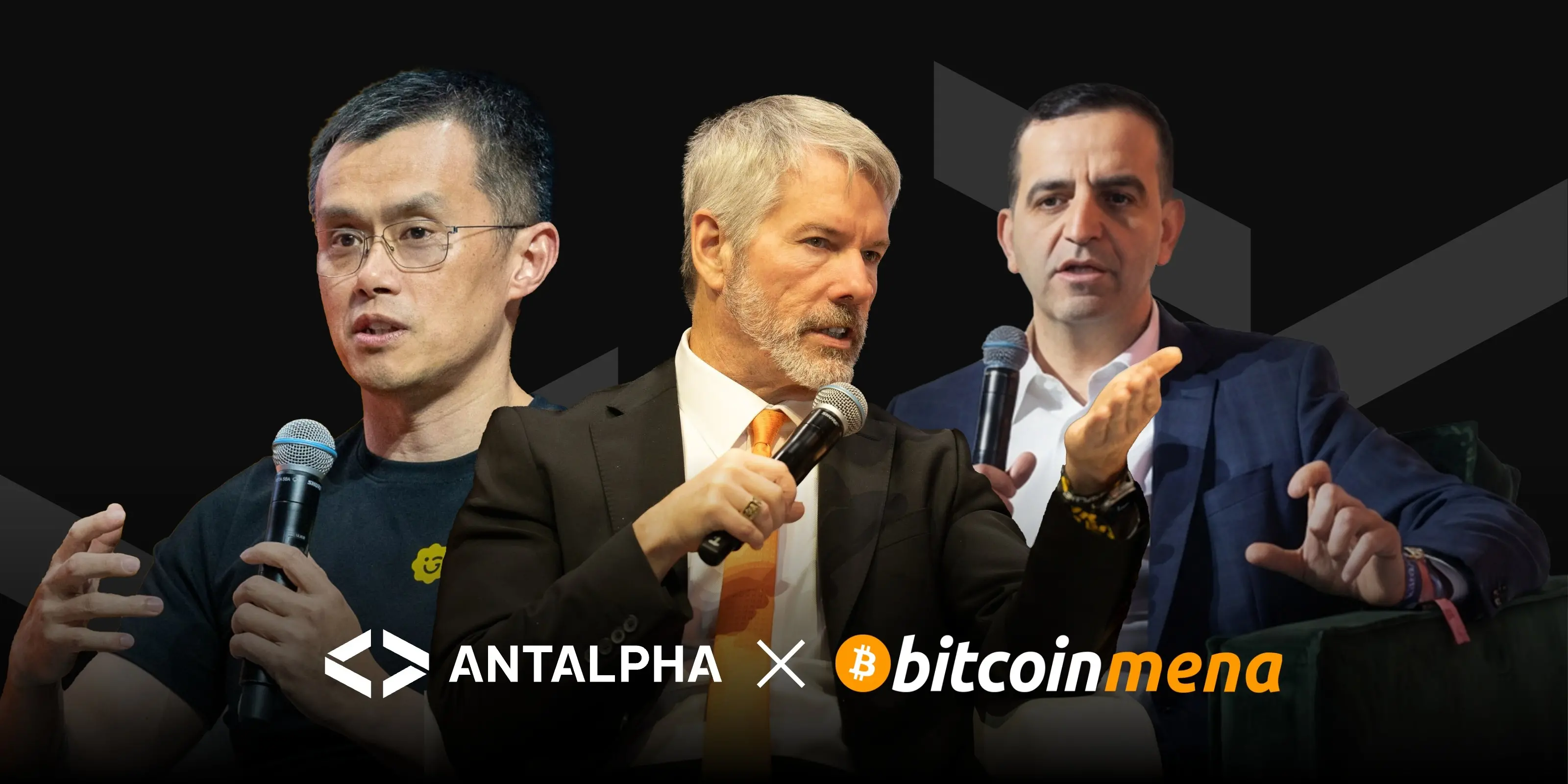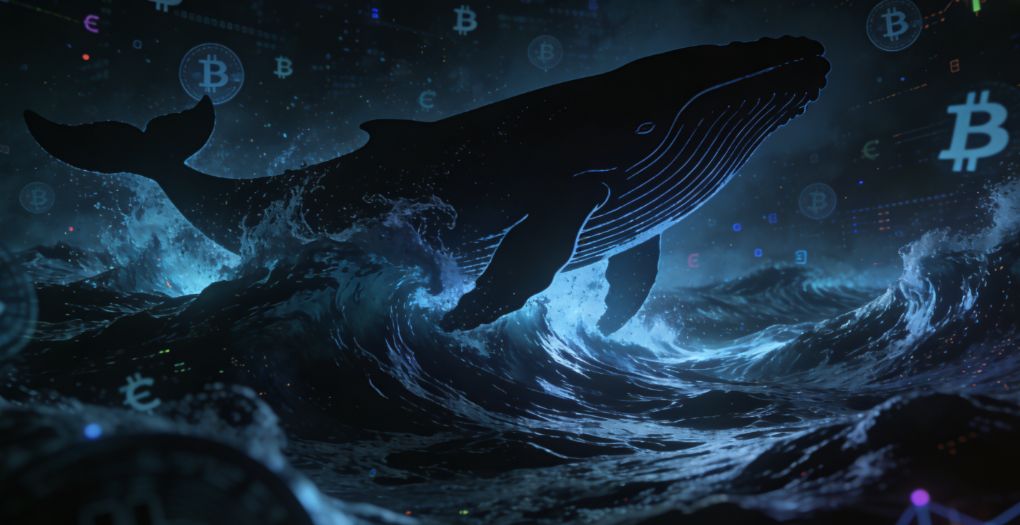A Blockchain-Driven AGI Economy Launches, Redefining Global AI Collaboration
- Vincent Boucher launches AGI Alpha Jobs Marketplace, a blockchain-based platform for decentralized AI task orchestration using AGIALPHA tokens and smart contracts. - The platform enables autonomous agent-driven job execution with staking, slashing mechanisms, and NFT certificates for transparent, trustless collaboration across a global AI network. - Boucher's "Meta-Agentic" AI framework, developed over two decades, aims to create a self-sustaining AGI economy projected to unlock $15 quadrillion in value
Vincent Boucher, a leading figure in Artificial General Intelligence (AGI) and founder of AGI Alpha, has launched the AGI Alpha Jobs Marketplace, a decentralized, blockchain-integrated platform now operational on Solana . This platform, part of AGI Alpha’s broader vision, is designed to facilitate the orchestration, sharing, and monetization of AI capabilities on a global scale. The marketplace leverages the AGIALPHA utility token to enable trustless coordination of tasks through smart contracts and a meta-agentic AI framework [1].
AGI Alpha is a blockchain-native AGI-first platform developed over the course of Boucher’s two-decade career in AI. Boucher, who has been recognized for his early contributions to AI benchmarks and blockchain integration, is known for pioneering the concept of “Meta-Agentic” systems—AIs that create, coordinate, and direct other AIs. His foundational work on the “Multi-Agent AI DAO” blueprint in 2017 has been described as a seminal development at the intersection of AI and blockchain, predating the current multi-agent AI trend [1].
The AGI Alpha Jobs Marketplace allows users to post tasks that are executed by intelligent agents. These agents operate in a decentralized and autonomous manner, selecting jobs based on speed, cost, and reputation metrics. Rewards are escrowed in AGIALPHA, with agents required to stake tokens to participate. Smart contracts govern the entire process, from job matching to execution and payment [1].
Transparency and accountability are ensured through a decentralized validator network that oversees outcomes using a commit–reveal voting system. If a job meets predefined criteria, the employer’s wallet pays the agent with a 1% token burn to reduce supply. Conversely, failed jobs result in a slashing of the agent’s stake. Additionally, each completed task generates an NFT certificate, creating an immutable on-chain record of achievements [1].
AGI Alpha envisions a self-sustaining AGI economy in which autonomous AI systems collaborate and enhance one another in a virtuous cycle. The platform’s long-term goal, termed “AGI Ascension,” aims to unlock an estimated $15 quadrillion in new economic value by orchestrating a global constellation of self-evolving AI enterprises. This is facilitated through the integration of DAO governance, smart-contract infrastructure, and community-driven development [1].
AGI Alpha’s platform eliminates intermediaries, streamlining the process of executing complex AI tasks and significantly reducing operational friction. This decentralized and autonomous model is a key differentiator from traditional single-agent AI systems. The Jobs Marketplace represents the first phase of a broader vision to create a decentralized AGI ecosystem that could become one of the most valuable AI projects globally [1].
Source: [1] AI visionary Vincent Boucher & AGI Alpha announce a
Disclaimer: The content of this article solely reflects the author's opinion and does not represent the platform in any capacity. This article is not intended to serve as a reference for making investment decisions.
You may also like
Trump Takes Control of the Federal Reserve: The Impact on Bitcoin in the Coming Months
The U.S. financial system is undergoing its most significant transformation in a century.

Castle Island Ventures partner: I don’t regret spending eight years in the cryptocurrency industry
Move forward with pragmatic optimism.

Undercurrents Surge: Crypto Whales Spark Another Wave of Accumulation

Fed Decision Preview: Balance Sheet Expansion Signals Are More Important Than Rate Cuts
